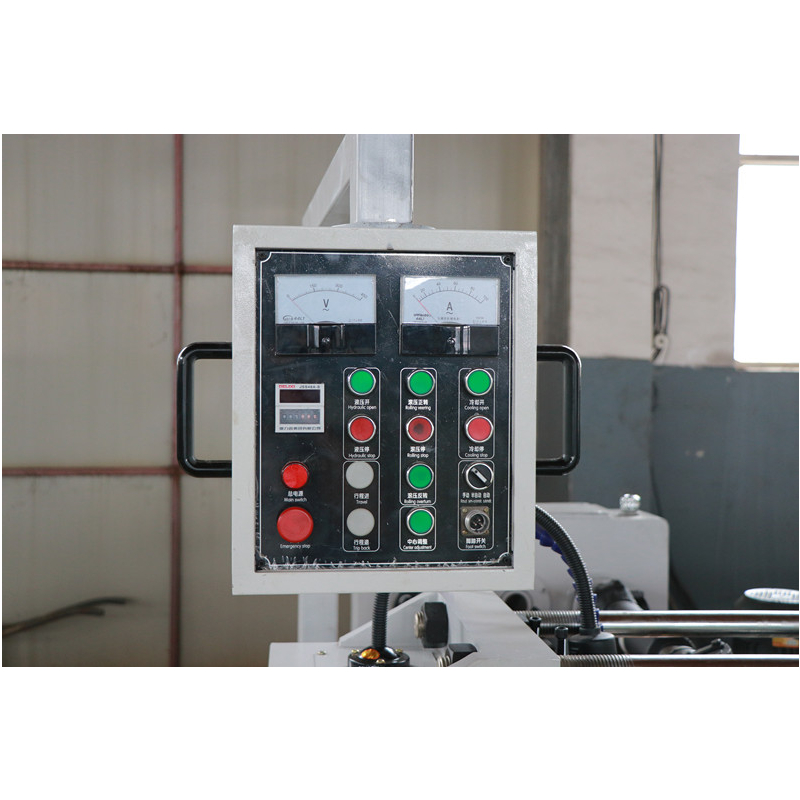
-
 Afrikaans
Afrikaans -
 Albanian
Albanian -
 Amharic
Amharic -
 Arabic
Arabic -
 Armenian
Armenian -
 Azerbaijani
Azerbaijani -
 Basque
Basque -
 Belarusian
Belarusian -
 Bengali
Bengali -
 Bosnian
Bosnian -
 Bulgarian
Bulgarian -
 Catalan
Catalan -
 Cebuano
Cebuano -
 Corsican
Corsican -
 Croatian
Croatian -
 Czech
Czech -
 Danish
Danish -
 Dutch
Dutch -
 English
English -
 Esperanto
Esperanto -
 Estonian
Estonian -
 Finnish
Finnish -
 French
French -
 Frisian
Frisian -
 Galician
Galician -
 Georgian
Georgian -
 German
German -
 Greek
Greek -
 Gujarati
Gujarati -
 Haitian Creole
Haitian Creole -
 hausa
hausa -
 hawaiian
hawaiian -
 Hebrew
Hebrew -
 Hindi
Hindi -
 Miao
Miao -
 Hungarian
Hungarian -
 Icelandic
Icelandic -
 igbo
igbo -
 Indonesian
Indonesian -
 irish
irish -
 Italian
Italian -
 Japanese
Japanese -
 Javanese
Javanese -
 Kannada
Kannada -
 kazakh
kazakh -
 Khmer
Khmer -
 Rwandese
Rwandese -
 Korean
Korean -
 Kurdish
Kurdish -
 Kyrgyz
Kyrgyz -
 Lao
Lao -
 Latin
Latin -
 Latvian
Latvian -
 Lithuanian
Lithuanian -
 Luxembourgish
Luxembourgish -
 Macedonian
Macedonian -
 Malgashi
Malgashi -
 Malay
Malay -
 Malayalam
Malayalam -
 Maltese
Maltese -
 Maori
Maori -
 Marathi
Marathi -
 Mongolian
Mongolian -
 Myanmar
Myanmar -
 Nepali
Nepali -
 Norwegian
Norwegian -
 Norwegian
Norwegian -
 Occitan
Occitan -
 Pashto
Pashto -
 Persian
Persian -
 Polish
Polish -
 Portuguese
Portuguese -
 Punjabi
Punjabi -
 Romanian
Romanian -
 Russian
Russian -
 Samoan
Samoan -
 Scottish Gaelic
Scottish Gaelic -
 Serbian
Serbian -
 Sesotho
Sesotho -
 Shona
Shona -
 Sindhi
Sindhi -
 Sinhala
Sinhala -
 Slovak
Slovak -
 Slovenian
Slovenian -
 Somali
Somali -
 Spanish
Spanish -
 Sundanese
Sundanese -
 Swahili
Swahili -
 Swedish
Swedish -
 Tagalog
Tagalog -
 Tajik
Tajik -
 Tamil
Tamil -
 Tatar
Tatar -
 Telugu
Telugu -
 Thai
Thai -
 Turkish
Turkish -
 Turkmen
Turkmen -
 Ukrainian
Ukrainian -
 Urdu
Urdu -
 Uighur
Uighur -
 Uzbek
Uzbek -
 Vietnamese
Vietnamese -
 Welsh
Welsh -
 Bantu
Bantu -
 Yiddish
Yiddish -
 Yoruba
Yoruba -
 Zulu
Zulu
Screw Rolling Machine Manufacturer Specializing in Precision Engineering and High-Quality Production Solutions
The Innovative World of Screw Rolling Machine Factories
In the realm of manufacturing, screw rolling machines stand as a testament to modern engineering and technology. These machines are crucial in the production of screws, bolts, and various other fasteners that play an integral role in countless industries, including construction, automotive, and aerospace. With the growing demand for precision-engineered screws, the importance of screw rolling machine factories is more pronounced than ever.
Screw rolling is a cold forming process that reshapes metal into desired geometries using high-precision machinery. Unlike traditional machining techniques that cut or remove material, screw rolling involves deforming the material, which enhances its mechanical properties and surface finish. This process is not only efficient but also environmentally friendly, as it minimizes waste. The intricacies of this process beg for advanced technology and skilled operators, which is where screw rolling machine factories come into play.
The Innovative World of Screw Rolling Machine Factories
In addition to advanced machinery, these factories rely heavily on skilled labor. The technicians and engineers who operate and maintain screw rolling machines are vital to the success of manufacturing processes. Continuous training and skill development are essential to keeping pace with technological advancements and ensuring high-quality production. Collaboration between management and workforce leads to a culture of innovation where ideas for process improvements are encouraged and implemented.
screw rolling machine factory

Sustainability is another significant consideration in the operation of screw rolling machine factories. As global awareness of environmental issues rises, manufacturers are increasingly pressured to adopt eco-friendly practices. Many factories are implementing energy-efficient machines and utilizing recycled materials in their production processes. This commitment not only helps in reducing the carbon footprint but also appeals to a growing base of environmentally conscious consumers.
Quality control is paramount in the production of screws and other fasteners, as these components must withstand considerable stress in their applications. Screw rolling machine factories employ rigorous quality assurance protocols, utilizing tools such as computer-aided inspection technology and automated testing. These measures ensure that every product meets the required specifications and performance standards, thereby reducing the likelihood of failures that could lead to costly recalls or repairs in critical applications.
Globalization has also played a significant role in the dynamics of screw rolling machine factories. With the rise of international trade, factories now have the potential to reach broader markets, which means they must also adhere to diverse global standards. As a result, many factories are now ISO-certified, which not only enhances their credibility but also opens more opportunities in the international marketplace.
In conclusion, screw rolling machine factories are at the forefront of manufacturing technology, combining innovation, skilled labor, and sustainable practices to meet the demands of various industries. As the landscape of manufacturing continues to evolve, these factories will undoubtedly play a pivotal role in shaping the future of fastener production. With the increasing emphasis on quality, efficiency, and sustainability, the screw rolling machine industry is set to witness exciting advancements in the years to come.
